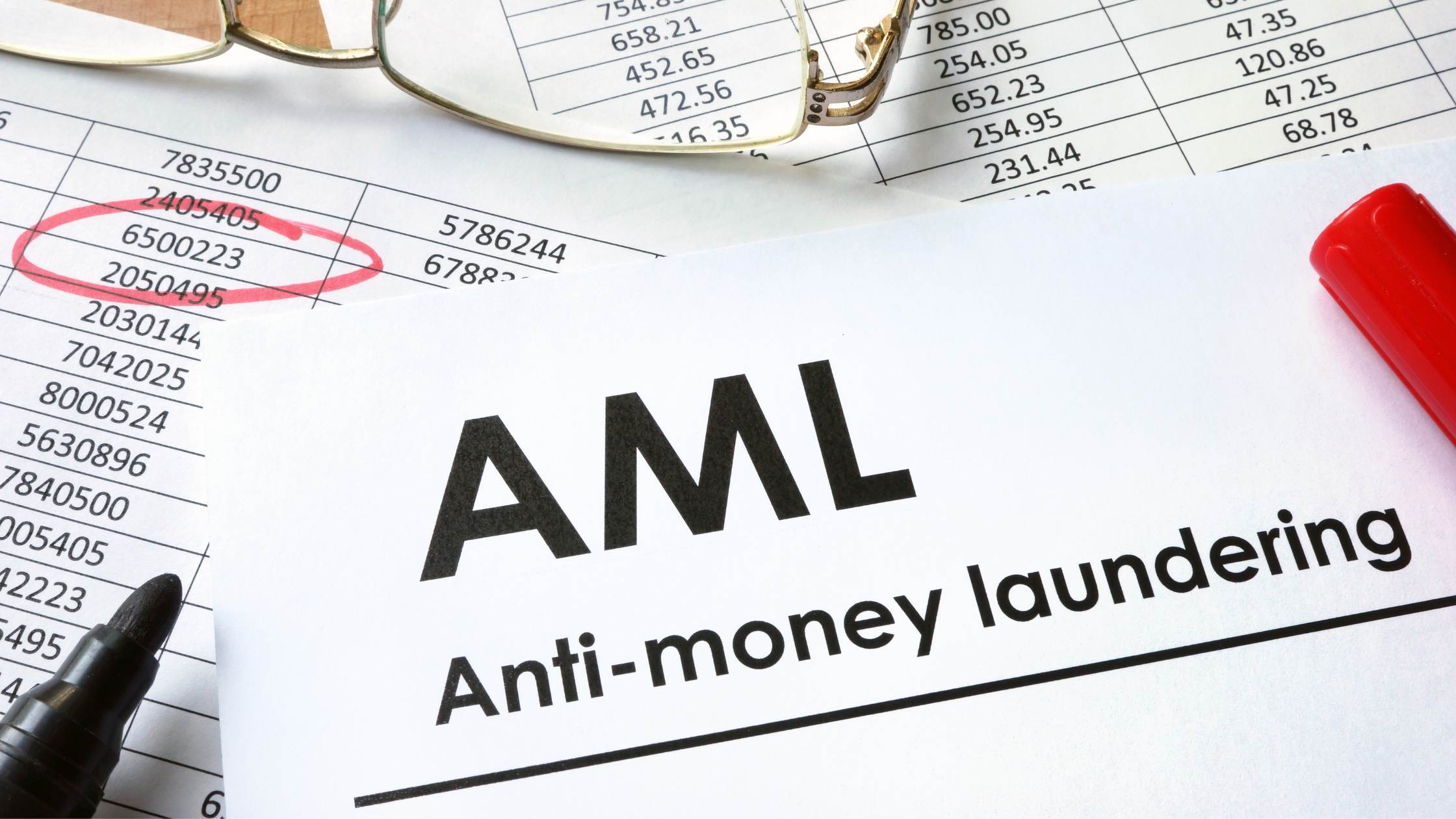April 19, 2023
By Duyen Ha Vo, Tram Dang and Nhung Trinh, VILAF Vietnam’s slow real estate market has been given a ray of hope with the recent release of Decree 10/2023/ND-CP and the ongoing review of a proposed amendment to the Law on Real Estate Business. These new legal measures aim to create a more transparent legal framework for the development of condotels and resort villas, which complements the regulations provided by Decree 02/2022/ND-CP released last year. This article provides an overview of the legal framework for the development of condotels, resort villas, and other similar commercial properties after the new legislative instruments take effect. Here are the key points to note: Developers of condotels, resort villas, and officetels in a properly licensed non-residential project on commercial land are allowed to sell such properties as a real estate business. Buyers of condotels and resort villas can obtain Pink Books for such properties, but the eligibility of officetels for Pink Books is still uncertain. As the land for developing condotels and resort villas must be commercial land, the land use term under the Pink Book granted to a buyer is restricted to the commercial land use term awarded to the developer, which is up to 50 years (or 70 years in specially approved cases). The sale of condotels and officetels must adopt the statutory contract template provided in Decree 02/2022/ND-CP. The draft Amended Law on Real Estate Business and the new decrees do not explicitly refer to shophouses. The concepts Under the tourism laws, a “condotel” (căn hộ du lịch) and a “resort villa” (biệt thự du lịch) (collectively, “lodging properties”) are... March 29, 2023
1. Background and context of e-commerce in Vietnam Online transactions are usually trivial, and dispute settlement, e.g., through mediation, arbitration, civil court, etc., costs time and money. This would prompt consumers to let it go, or spread warnings over the web as widely as possible, expecting this to serve as a deterrence to dishonest vendors. After all, who would give up a whole working day just to seek justice for, let’s say, a damage worth VND30,000 (USD1,2)? But supposing a thousand consumers, instead of just one, become victims, the dishonest vendor will in this case acquire an illicit gain of VND30,000,000 (~USD1,200) without moving a finger. Bearing in mind that the revenue generated by the Vietnamese retailer e-commerce was predicted to reach USD16.4 billion in 20221, and will grow exponentially in the following years, such illicit gain would increase tremendously if the customers persist in reacting passively. And this is where consumer protection laws are supposed to come forward. 2. A glance at claimable damages under Vietnamese consumer protection laws First of all, consumer protection laws come forward with damage compensation regimes. From the standpoint of Vietnamese legislatures, compensation for damages resulting from violation of consumers’ interests is based on both contractual and non-contractual obligations. The relationship between consumers and vendors is contractual and reciprocal at the very essence. Vendors accordingly must ensure that the goods are delivered in the quantities and quality as promised to the consumers under a sale of goods contract. Where the vendors fail to do so, they are deemed to have breached the contract and thus are obligated to compensate for damages as per... March 24, 2023
Market scandals and the evolution of the regulatory regime for the financial markets have been among the most discussed topics in Vietnam in 2022 and early 2023. Regulators have issued new regulations in 2022 and are considering draft regulations to further adjust the market, protect investors, and simplify administrative procedures. This article provides an overview of the current legislative changes that are impacting the financial markets in Vietnam. Highlights In September 2022, the Government issued Decree 65 on corporate bonds to tighten the eligibility criteria for natural persons to be considered “professional securities investors” and to increase transparency in the bond market by adding more detailed requirements for the offering dossier, offering plan, and public disclosure. However, a draft regulation is currently being considered to postpone the effective date of some of the requirements under Decree 65 until the end of 2023. . In September 2022, the State Bank of Vietnam (SBV) issued Circular 10 and Circular 12 to replace existing regulations on foreign exchange requirements for foreign currency bond transactions and offshore borrowing transactions. These circulars simplify procedural requirements by providing exemptions for amendment registrations in certain circumstances. Circular 12 also extends the grace period for the registration requirement for short-term borrowings from 10 days to 30 days from the expiration of the initial one-year tenor. Additionally, a new section on security transactions is introduced, outlining a foreign exchange regime for security enforcement in connection with offshore borrowings. The only aspect where there is an increase in administrative requirements is the monthly submission of reports on foreign borrowing performance status to the SBV by borrowers, instead of quarterly reports as... March 8, 2023
While Vietnam remains a predominantly cash-based economy, its legal frame work on anti-money laundering, according to the Asian Pacific Group on Money Laundering (APG)’s assessment in its Mutual Evaluation Report dated January 2022, is still incomprehensive and limited, which makes the country itself vulnerable to risks of money laundering. Pursuant to the report on national risk assessment on money laundering and terrorism financing conducted by the Vietnamese authority for the period of 2012-2017, the risk of money laundering in Vietnam is assessed at “medium high” (trung bình cao). Of which, while banking and underground remittance are the sectors where the money-laundering risks are assessed at “high” (cao) level, corruption and gambling are the crimes identified to have high money-laundering risks. In an effort to mitigate money-laundering risks and further enhance the country’s capacity against money laundering, on 5 August 2022, the Vietnam Prime Minister issued Decision No. 941/QD-TTg on the national action plan on anti-money laundering, terrorism financing, and financing for proliferation of mass-destruction weapons. Based upon this plan, the Vietnam National Assembly adopted the Law on Anti-money Laundering (Law No. 14/2022/QH15) dated 15 November 2022 (“New AML Law”). The New AML Law takes effect from 01 March 2023 and replaces the Law on Anti-money Laundering 2012 (the “ 2012 AML Law”). The guideline below is mainly aimed to provide readers with an overview of Vietnam’s regulation on anti-money laundering and salient points of the New AML Law in comparison with the old one. 1. What is money laundering? The New AML Law defines “money laundering” as an act of an individual or an organization to legitimize the origin of... March 8, 2023
1 Legal framework 1.1 Are there statutory sources of labour and employment law? The primary statutory source that governs labour and employment is the 2019 Labour Code. Other domestic sources include: the 2013 Law on Employment; the 2014 Law on Social Insurance; the 2015 Law on Occupational Safety and Health; the 2014 Law on Vocational Education; and the 2012 Law on Trade Unions. In addition, the governmental decrees and documents issued by the Ministry of Labour – Invalids and Social Affairs governing labour and employment are as follows: Decree 145/2020/ND-CP dated 14 December 2020 detailing and guiding the implementation of several articles of the Labour Code regarding working conditions and industrial relations; Decree 152/2020/ND-CP dated 30 December 2020 on foreign workers in Vietnam and recruitment and management of Vietnamese workers working for foreign organisations and individuals in Vietnam; Decree 38/2022/ND-CP dated 12 June 2022 prescribing region-based minimum salary levels applicable to employees working under labour contracts; Decree 135/2020/ND-CP dated 18 November 2020 prescribing retirement ages; Decree 12/2022/ND-CP dated 17 January 2022 providing penalties for administrative violations in the fields of labour, social insurance and overseas workforce supply under contract; Ministry of Labour – Invalids and Social Affairs Circular 10/2020/TT-BLDTBXH dated 12 November 2020 detailing and guiding the implementation of several articles of the Labour Code regarding the contents of a labour contract, collective bargaining councils and occupations and jobs that are harmful to reproduction and parenting functions; and Ministry of Labour – Invalids and Social Affairs Circular 09/2020/TT-BLDTBXH dated 12 November 2020 detailing and guiding the implementation of several articles of the Labour Code regarding minor workers. The 2019... By Firm
Key Person Profile
Recent Past Events







 LE & TRAN
LE & TRAN Stephen Le
Stephen Le




